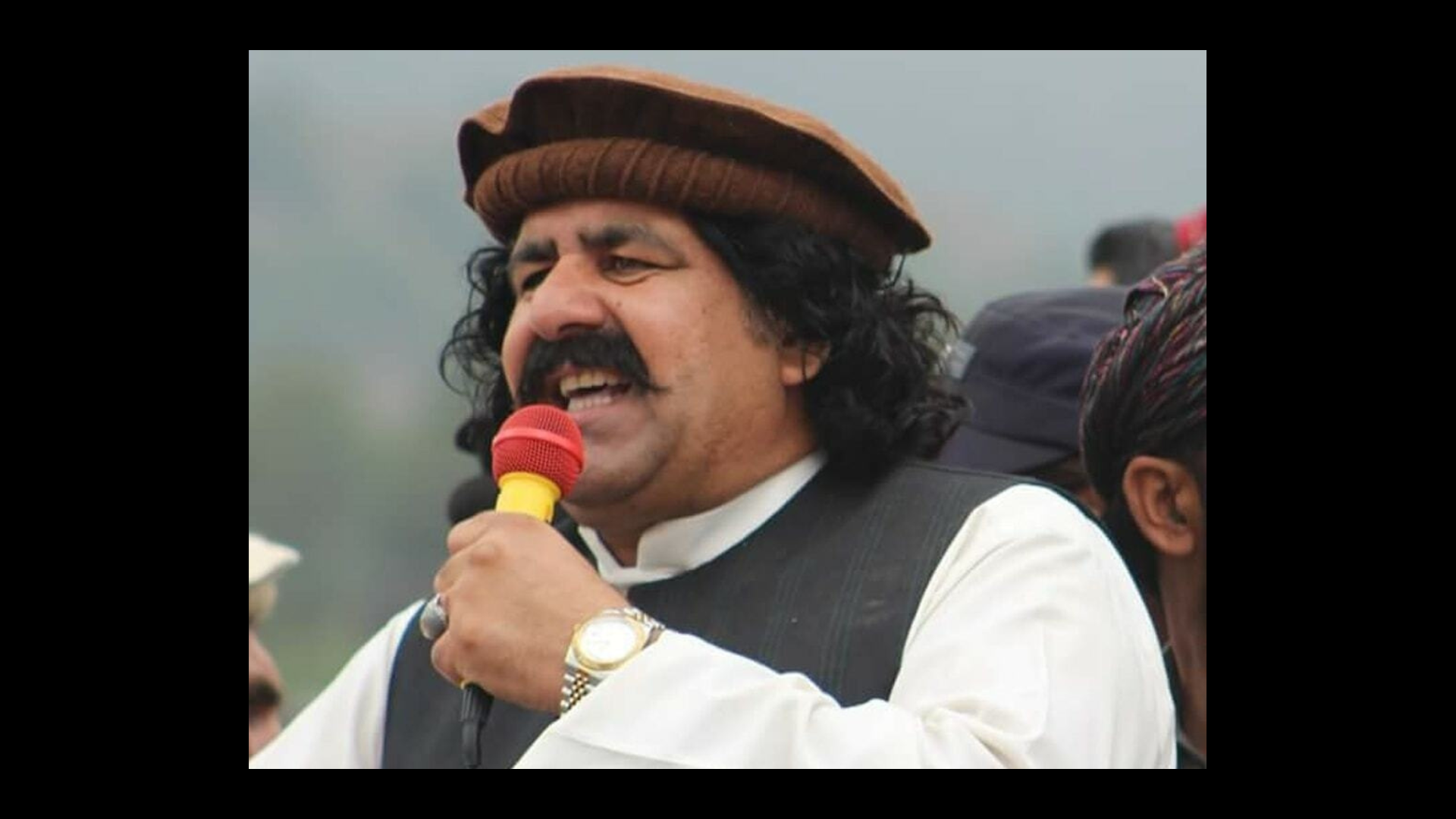On 15th February, Peace for Asia organized a webinar to mark five years of the establishment of the Pashtun Tahafuz Movement. The webinar was hosted by Zubair Shah Agha, a PTM Central Committee member, whose work on civil rights and documenting enforced disappearances remain well-recognized in the field of journalism. Former Senator Dr Afrasiab Khattak and Ziaullah Hamdard and former Member of KP Provincial Assembly Peace for Asia Mir Kalam Wazir shared their valuable insights on the evolution of PTM, its demands and its impact on Pakistani politics in the last five years.
The webinar also coincided with Ali Wazir’s release, which comes across as a vindication of the PTM’s struggle since its formation. Ali Wazir was jailed for over two years and the main reason for his arrest was his advocacy for Human Rights for the Pashtun Community, which suffered extrajudicial detentions, landmine casualties and dislocation during the war on terror. In these two years, he was prevented from addressing public gatherings or talking to local or international media, including this forum. Peace for Asia learnt that his incarceration made him popular internationally as the world came to know that he was jailed for merely demanding human rights guaranteed to his community by the constitution.
The PTM has long demanded setting up Truth Commission to look into the excesses committed on the Pashtuns due to the regressive and colonial laws that still prevent people from living with dignity. The fundamental concern after the establishment of a Truth commission is that it should not be controlled by unaccountable officials or politicians with a chequered record. Through the commission, the PTM intends to shed light on the impact on the lives of ordinary Pashtuns in the last two decades. Those responsible for the damage caused to the Pashtun social fabric must be held accountable. The proposed Truth Commission should be an internationally recognized body consisting of members selected through high scrutiny. The PTM does not believe that a body fully composed of Pakistani officials and politicians could do justice to the community’s demands
Mir Kalam Wazir, a former member of the Khyber Pakhtunkhwa Assembly said that the PTM intended to share the Pashtun community’s experiences with the international community.
In the last few months, KP has witnessed a substantial increase in violent incidents, with prominent attacks in Bannu, Dera Ghazi Khan and Peshawar. The attack that blew up a mosque in Peshawar took at least 100 innocent lives. The PTM fears that these incidents could be foreboding for upcoming international interference in the name of the War on Terror once again. The presence of groups like ISKP, TTP and other groups in the Af-Pak belt has caught the attention of prevailing security discourse. Unfortunately, Pakistan’s prevailing economic situation and the civil-military divide make conditions ripe for external intervention through both covert and direct means. The Pashtun community cannot afford the losses of their lives and livelihoods as they faced a decade ago. Dr Afrasaib Khattak took the platform to request that the civilian and military leadership shed their differences and work together to prevent KP and Balochistan from again descending into instability.
The PTM, with all its resources and capacities, can mobilize the masses, educate them about the wrongdoings committed in the past and request the community to stay united in such times. These efforts could help minimise losses, if not fully eliminate them. Devoid of any material or kinetic strength, the PTM solely relies on the power of peaceful resistance to share its message.
In these five years, the PTM has been successful in establishing an understanding among the Pashtun youth, civil society and inter-tribal relations and approaching contentious issues through constitutional methods. Today, its leaders and workers can bring conspiracies and policies inimical to the community to the public attention. Through PTM, the common Pashtun finally found a voice to speak truth to power.

